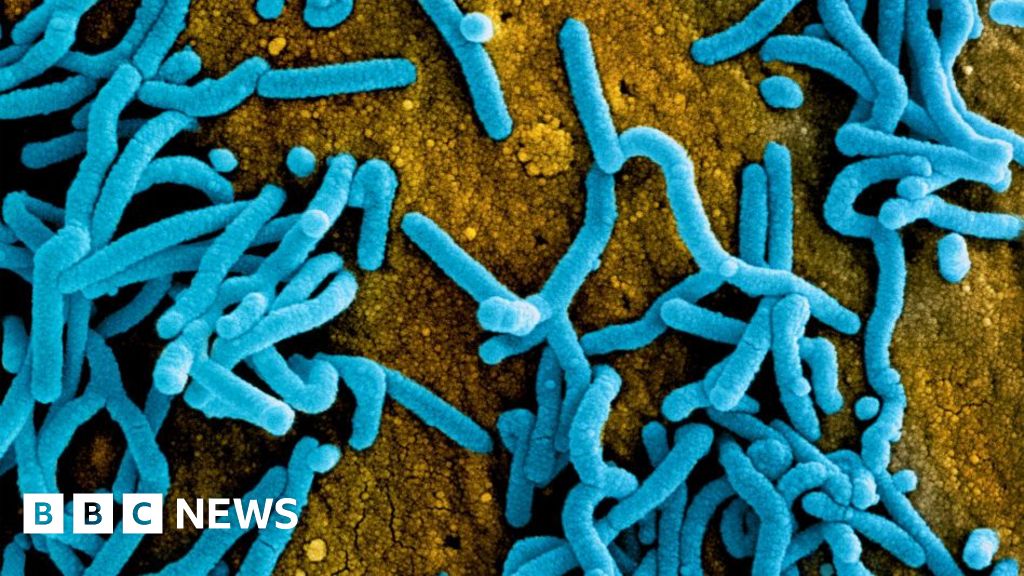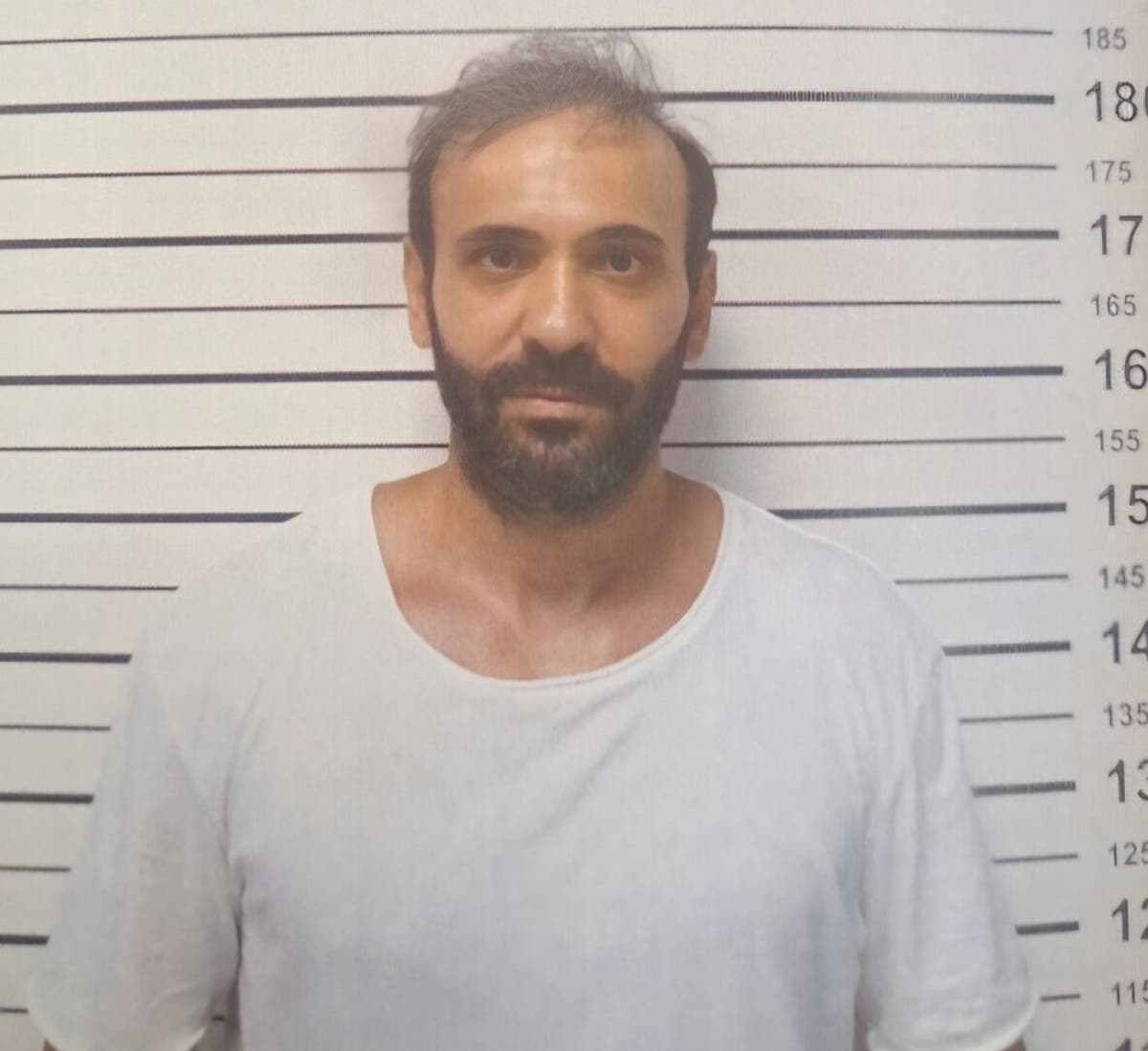HMP Brixton, the most overcrowded prison in the country for moderate-risk inmates, is failing to prepare prisoners for release, with nearly half saying it is easy to buy drugs, a watchdog has found.
Inspectors found that many of the 740 men held there had turned to drugs because they had nothing constructive to do. Two-thirds of the men were sharing cells designed for one person.
A report written by the chief inspector of prisons, Charlie Taylor, found cramped, dirty cells designed around a toilet, with little fresh air, and some people locked up for more than 23 hours a day.
Taylor said the prison’s location in London offered unique advantages in terms of the wealth of local employment, which should have provided excellent opportunities for released inmates.
“We met many dedicated staff at Brixton and found much to commend, but fundamentally the prison was failing to deliver on its intended role as a training and resettlement prison,” he said.
Inspectors visited the prison in south London in June. Despite about 140 men being released each month, it was found to be failing to prepare prisoners for their return to the community.
There were no accredited offending behaviour programmes and this hampered work to reduce risk, especially for those convicted of sexual offences, inspectors said. Despite efforts to negotiate the transfer of prisoners to other prisons that offered suitable programmes, none had yet been moved, the report said.
No prisoners were being released on temporary licence and many staff told inspectors that the prison did not have enough space or infrastructure to be an effective category C resettlement jail. At the time of the inspection, the employment hub was closed and the employment advisory board had been disbanded.
after newsletter promotion
Two-thirds of prisoners were in shared cells designed for one person, the report said. Cells designed with toilets in the middle made it impossible to have enough furniture for two prisoners, it added. Some prisoners on the basic regime had just 45 minutes a day to shower and go outside.
With nothing to do and being confined to their cells, many prisoners were turning to drugs. Inspectors reported that 450 prisoners were receiving support for substance misuse, and 42% of prisoners said it was easy to obtain illicit drugs.
HMP Brixton was one of the prisons that freed inmates two weeks ago under an early release scheme to ease an overcrowding crisis.
Andrea Coomber, the chief executive of the Howard League for Penal Reform, said: “If someone is sent to prison, we should do all that we can to support them to move on from crime and live healthily. Brixton is doing the opposite, with hundreds of men locked up for hours on end in dirty, overcrowded cells and turning to drugs when they should be getting training and employment.
“But Brixton is not an isolated case. This is the latest in a long line of inspection reports on overcrowded prisons up and down the country that are failing to turn lives around.”
A Ministry of Justice spokesperson said: “The new government inherited a justice system in crisis and has been forced to take action across the prison estate so we can continue to lock up dangerous offenders, protect the public and make prisons safer for hard-working staff.
“HMP Brixton has already made significant strides in addressing the concerns raised in this report, including bolstered supervision for offenders on release, refurbishment works on the wings and using its X-ray scanner and intelligence-led cell searches to clamp down on illicit items entering the prison.”

 By The Guardian (World News) | Created at 2024-09-24 04:15:15 | Updated at 2024-09-30 11:28:03
6 days ago
By The Guardian (World News) | Created at 2024-09-24 04:15:15 | Updated at 2024-09-30 11:28:03
6 days ago



